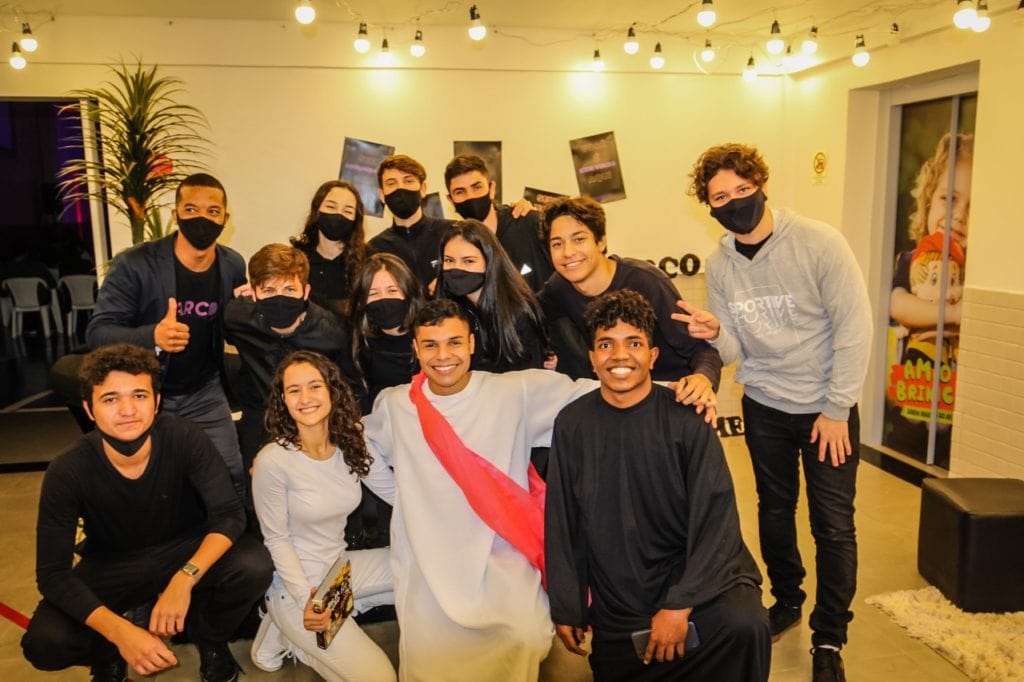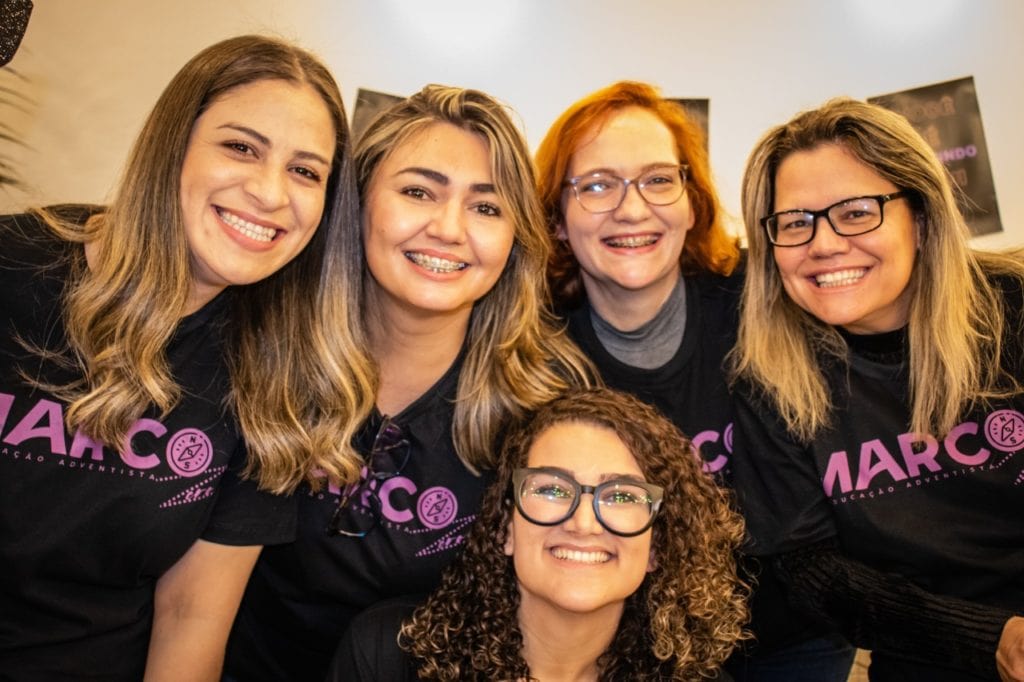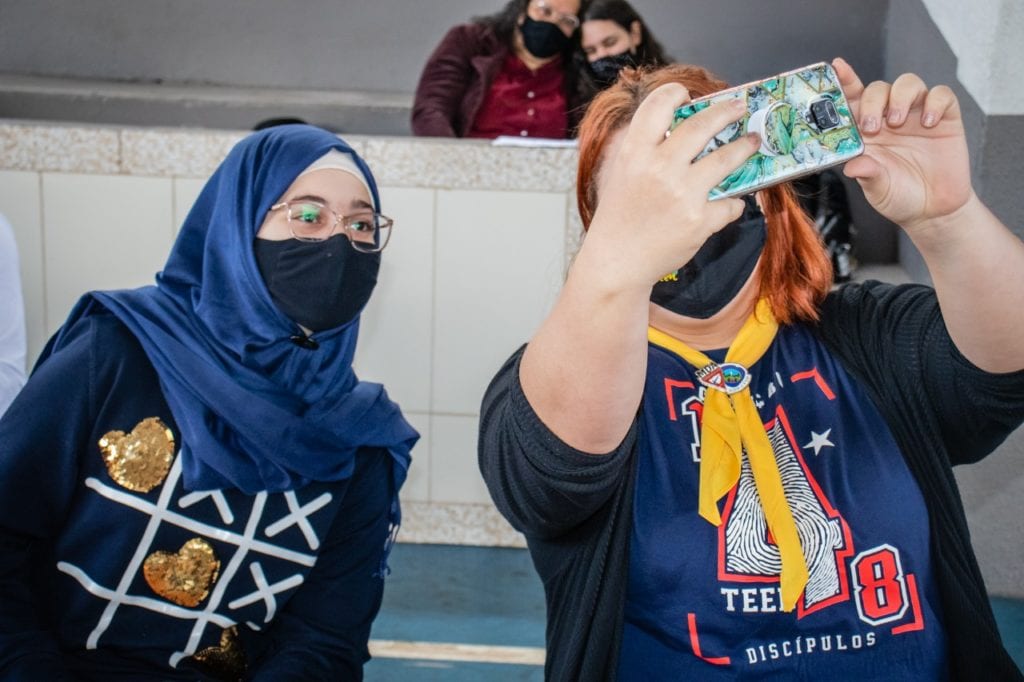
Adventist school students from western Paraná in Brazil can now benefit from Ground Zero, an initiative that encourages the creation of communities of students and their friends, in which the students are the founders and leaders.
The “restart places,” as they are called, aim to motivate teens to participate in celebrations and organize urban missions. Meetings take place every two weeks, and students can invite family members to attend. Together they develop social skills and spiritual gifts.

“The project was first implemented in August 2021, and now six of the church schools in Paraná have their own Ground Zero groups in place, in the cities of Cascavel, Foz do Iguaçu, Umuarama, Guaíra, Toledo, and Campo Mourão,” organizers said. The current school year’s schedule of meetings was completed at the end of July.
According to this year’s participants, the result for organizers and attendees is the certainty that they have grown socially, emotionally, and spiritually. Activities will resume after the school winter holidays.
Development for Ground Zero Participants
Paulo Orling, Adventist Education director in western Paraná, explained that Ground Zero teaches new generations how to carry out humanitarian activities that go beyond the culture in which they live. In addition, they foster and support community life. “Each meeting is an opportunity to develop gifts such as leadership, solidarity, administration, people management, and worship,” Orling said.

Besides learning new skills and exchanging knowledge, those who participate have opportunities to put into practice what they have already learned. For example, students and their guests can visit surrounding communities to sing, practice public speaking, stage a play, or work in audio and media to publicize upcoming events, leaders said.
The leader of Ground Zero, Leonardo Ferreira, said the idea is based on the notion of being part of a group to practice one’s faith and thrive. “Ground Zero is my community, my place of worship. That is where I have the opportunity to put my gifts and talents into practice,” he said.
Daily Changes
While Ground Zero meetings do not take place every day, they do have an impact on the daily life of students, several participants said. “Ground Zero ended up changing my life completely,” Foz do Iguaçu Ground Zero participant Matheus Roberto Laguardia said. “I stopped doing some of the things I used to do on weekdays; I ended up changing my routine and became closer to God.”

For Cascavel Adventist Academy 10th-grader William Douglas, participating in Ground Zero had a direct impact on his routine with his classmates and teachers and with God. “The Ground Zero community brought more interaction and proximity between students and school staff. And all this with the purpose of all of us getting closer to God,” Douglas said.
The idea of turning classrooms into meeting places that encourage personal growth is being proposed by the Seventh-day Adventist Church for all of South America. More of those in the new generations can be involved in religious and social activities, according to regional church leaders. Similar communities have already been launched across three states in southern Brazil, leaders said, and they expect that others will soon follow.
The original version of this story was posted on the South American Division Portuguese-language news site.